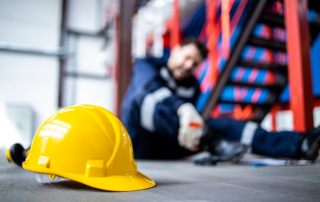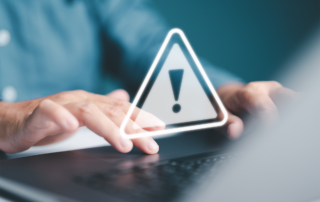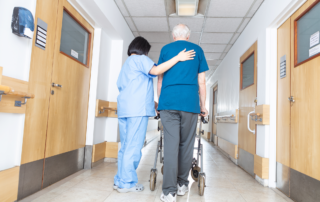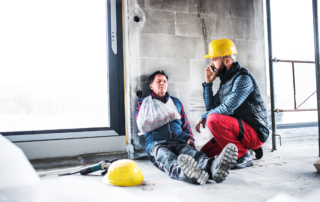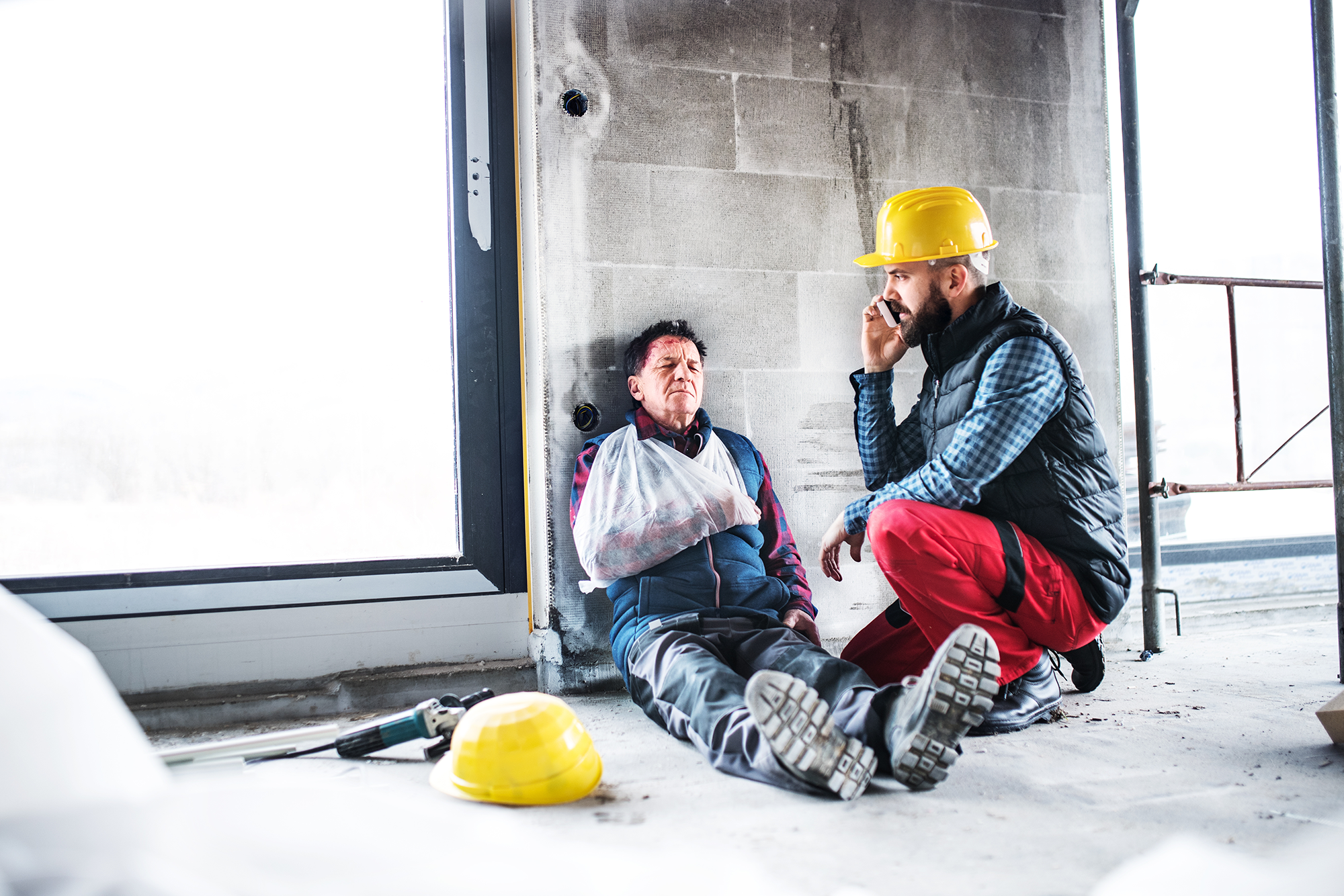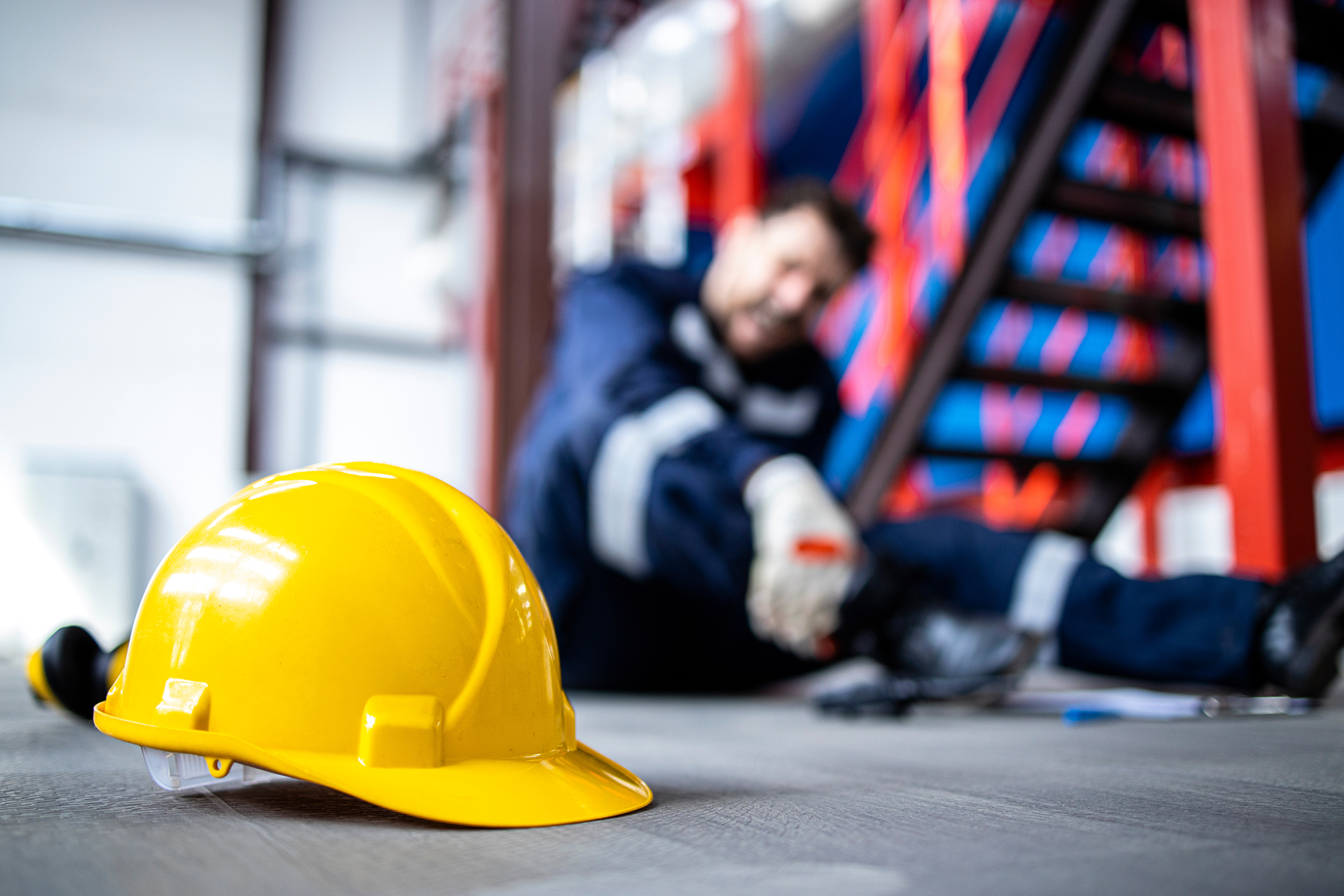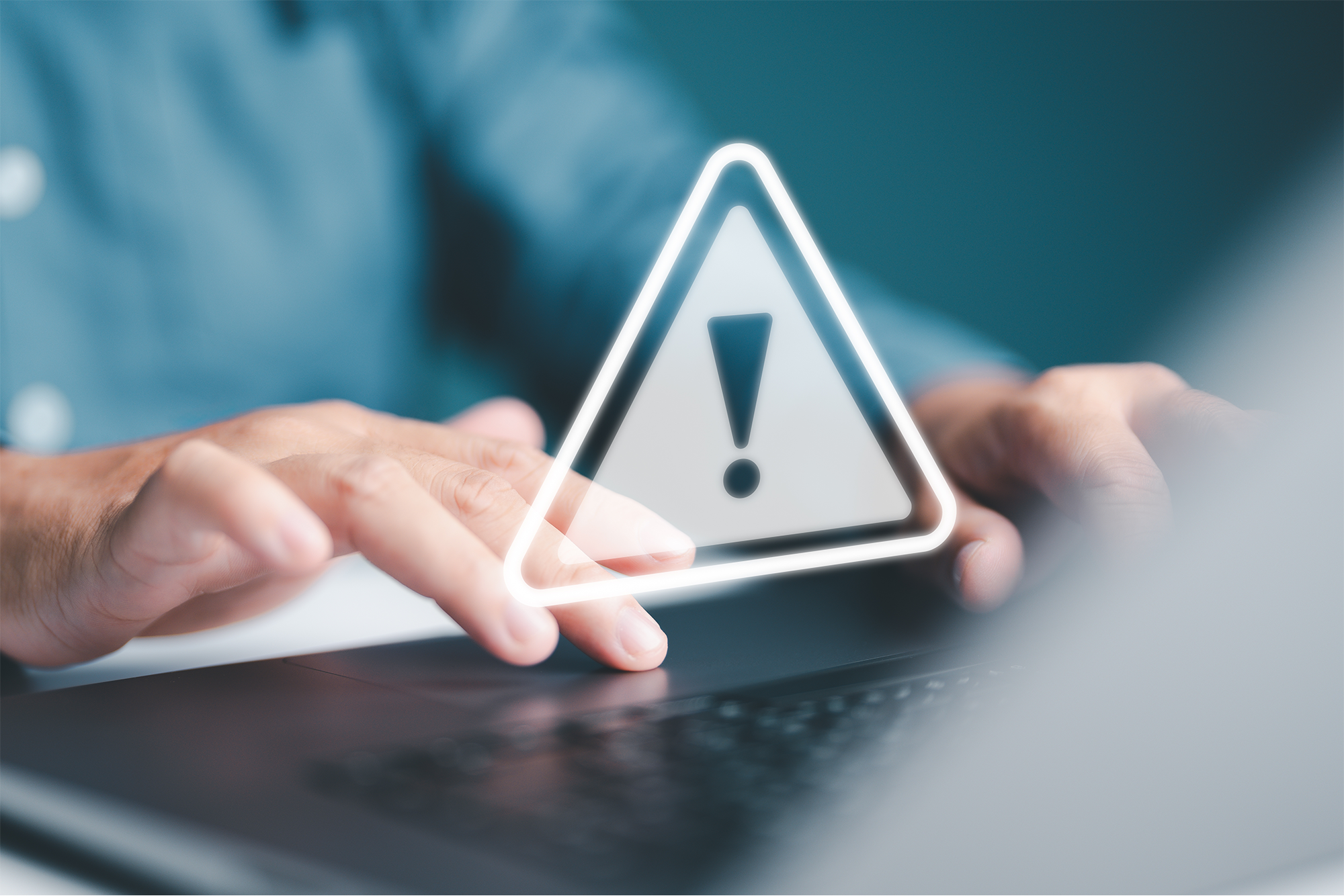We want to do all we can to prevent our students, parents and community from falls that might result in injury. Most falls (67%) happen on a level surface resulting from slips and trips. Fortunately, most slip, trip and fall incidents are avoidable.
Here are 5 tips that you can follow to prevent slips, trips and falls:
1. Practice Good Housekeeping
A slip-free campus begins with housekeeping. Removing clutter helps tidy up the floor and makes it walkable for everyone. Follow good housekeeping habits with the following tips:
- Keep drawers, cabinets, and other storage items closed when not in use.
- Throw away trash in the right bin.
- Put boxes away from the main halls.
- Hide cables, extension cords, and wires in protective covers.
2. Provide Adequate Lighting in Walking Areas
Dimly lit walkways can put people at risk of trips and falls. When they cannot see their path clearly, they might knock over objects and fall on the floor.
People navigate through spaces better if there is enough light. It is best to place proper lighting in access and egress points, such as halls, ramps, stairs, and exits.
3. Install Safety Signs
Safety signs and markers help to prevent slips, trips, and falls. Installing them warns people about walking in hazardous spaces. Different zones require specific safety signs. For example, place the “Caution: Wet Floor” sign to alert people that the floor is slippery.
4. Clean Spills Immediately
Spills are one of the most common fall hazards. They come in different forms—from spills in the cafeteria to water from the custodian closet. Wherever the ground is slippery, feet lose traction and go off balance.
In case of spills, have them cleaned as soon as possible. Mop and sweep or dry any substance on the floor that could slip or trip another person. Proper cleaning ensures that the floor is free from hazardous elements so that people can walk safely.
5. Maintain and Improve Floor Quality
Fall protection goes beyond simply mopping off spills from the floor. It also involves paying attention to the quality of walking and working surfaces. Modifying the floor space can go a long way in preventing slips, trips, and falls. Here are ways that campuses can improve floor quality:
- Inspect floors and sidewalks regularly for cracks, holes, missing blocks, uneven surfaces, and other hazards that can trip people.
- Invest in resilient, non-slippery flooring.
- Install mats where appropriate.
Contact INSURICA to learn more about other ways to keep your schools safe.
This article is not intended to be exhaustive nor should any discussion or opinions be construed as legal advice. Readers should contact legal counsel or an insurance professional for appropriate advice.
About the Author
Share This Story
Related Blogs
OSHA’s Safe and Sound Week Scheduled for Aug. 12-18
Each year, more than 5,000 workers are killed on the job. Additionally, more than 3.6 million employees are seriously injured each year while at work. Because of this, the Occupational Safety and Health Administration (OSHA) holds a nationwide event each August called Safe and Sound Week, which promotes the importance of companies incorporating safety and health programs into their workplace. This year, the event runs Aug. 12-18, 2024.
2024 Midyear Market Outlook: Workers’ Compensation
Profitable underwriting results have generated favorable conditions across the workers’ compensation insurance market for nearly a decade. According to the National Council on Compensation Insurance (NCCI), the segment produced combined ratios of 84.5 and 84.9 in 2022 and 2023, respectively, demonstrating continued profitability.
CrowdStrike, the Most Important Cyber Accumulation Loss Event Since NotPetya, Highlights Single Points of Failure
In what is being called “the most important cyber accumulation loss event since NotPetya,” the July 19, 2024, global technology outage (CrowdStrike) will produce scores of insurance claims across a range of policies, test cyber policy wordings,and sharpen the industry’s focus on single points of failure.

